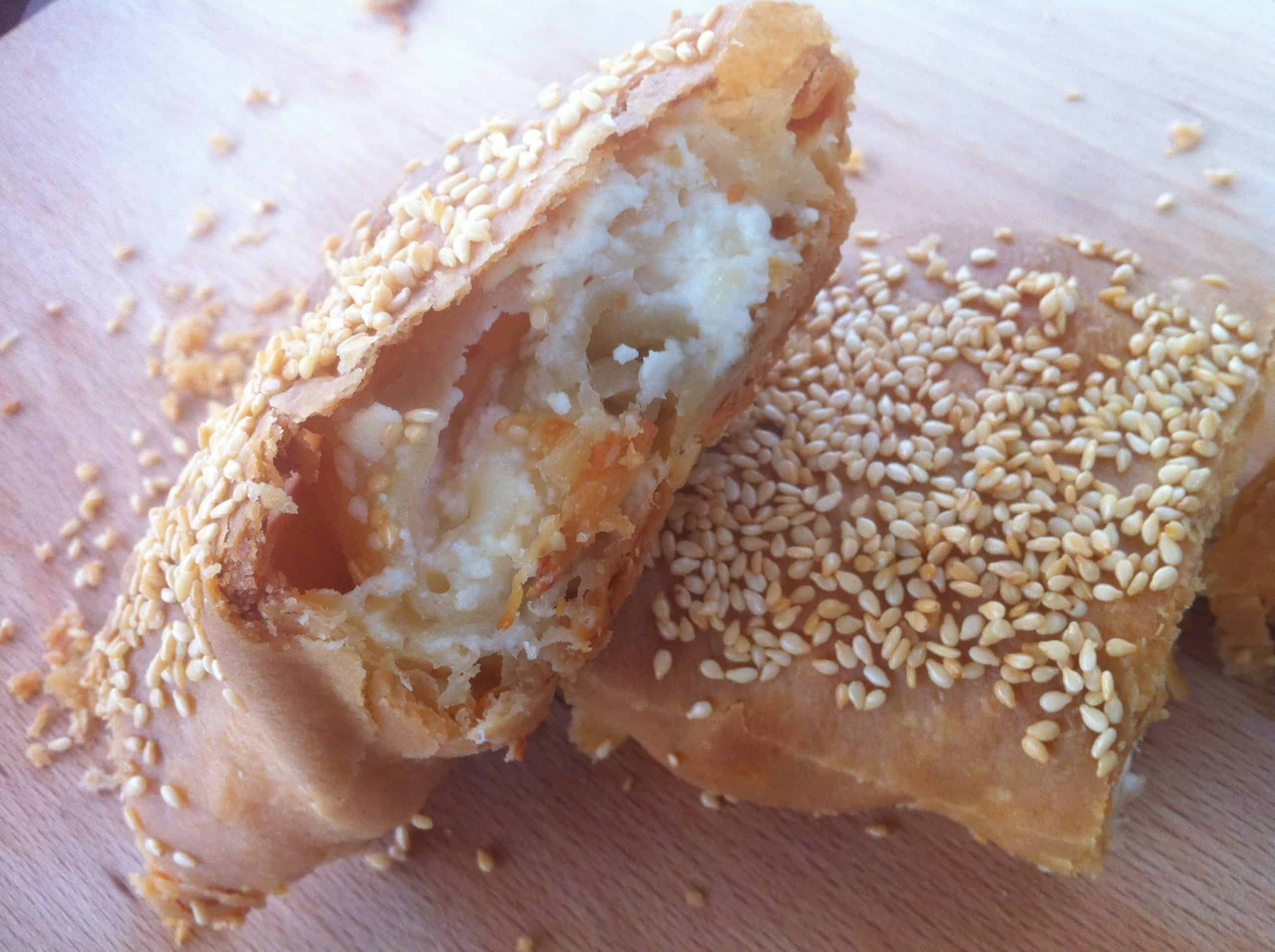axariotisxy
Member
I have been having trouble with frozen phyllo - it sticks when I take it out of the package. I will try to switch to a different brand, but I am wondering if I should actually give making my wn phyllo a try? Do you guys have any tips for me?
I found this recipe - does it look good to you guys? I have never done this before:

 www.mygreekdish.com
www.mygreekdish.com
I found this recipe - does it look good to you guys? I have never done this before:

Easy Homemade Phyllo Dough Recipe for Beginners!
There is nothing better than a homemade pie, made with homemade phyllo! Crunchy, buttery, full of flavours, well made phyllo can transform your favorite pie but is notoriously difficult to make. I have put together my favorite phyllo recipe with step by step instructions to help you succeed on...



